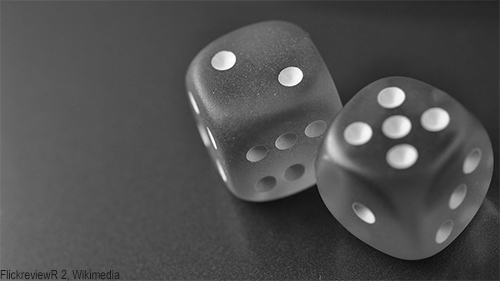
A new study from Faculty of Medicine & Dentistry researchers shows that decision making is impaired in individuals with human immunodeficiency virus (HIV). The study, recently published in the Journal of Clinical and Experimental Neuropsychology, used a test called the Game of Dice Task, or GDT, that challenged participants to maximize a virtual balance through successfully evaluating and avoiding risky bets in a dice throwing game. Through the test, the researchers found that HIV positive individuals made less advantageous choices and had a more random choice strategy than a control group of study participants, especially towards the end of the task. Poorer choices among HIV positive individuals were related to executive dysfunctions, slowed processing speed, and their current immune system status.
The findings echo a similar study released by Faculty of Medicine & Dentistry researchers this past April in the journal BMC Neurology. That study used the Game of Dice Task to determine whether decision-making deficits in people with multiple sclerosis increased with more advanced disease progression. To read more about it, please click here.